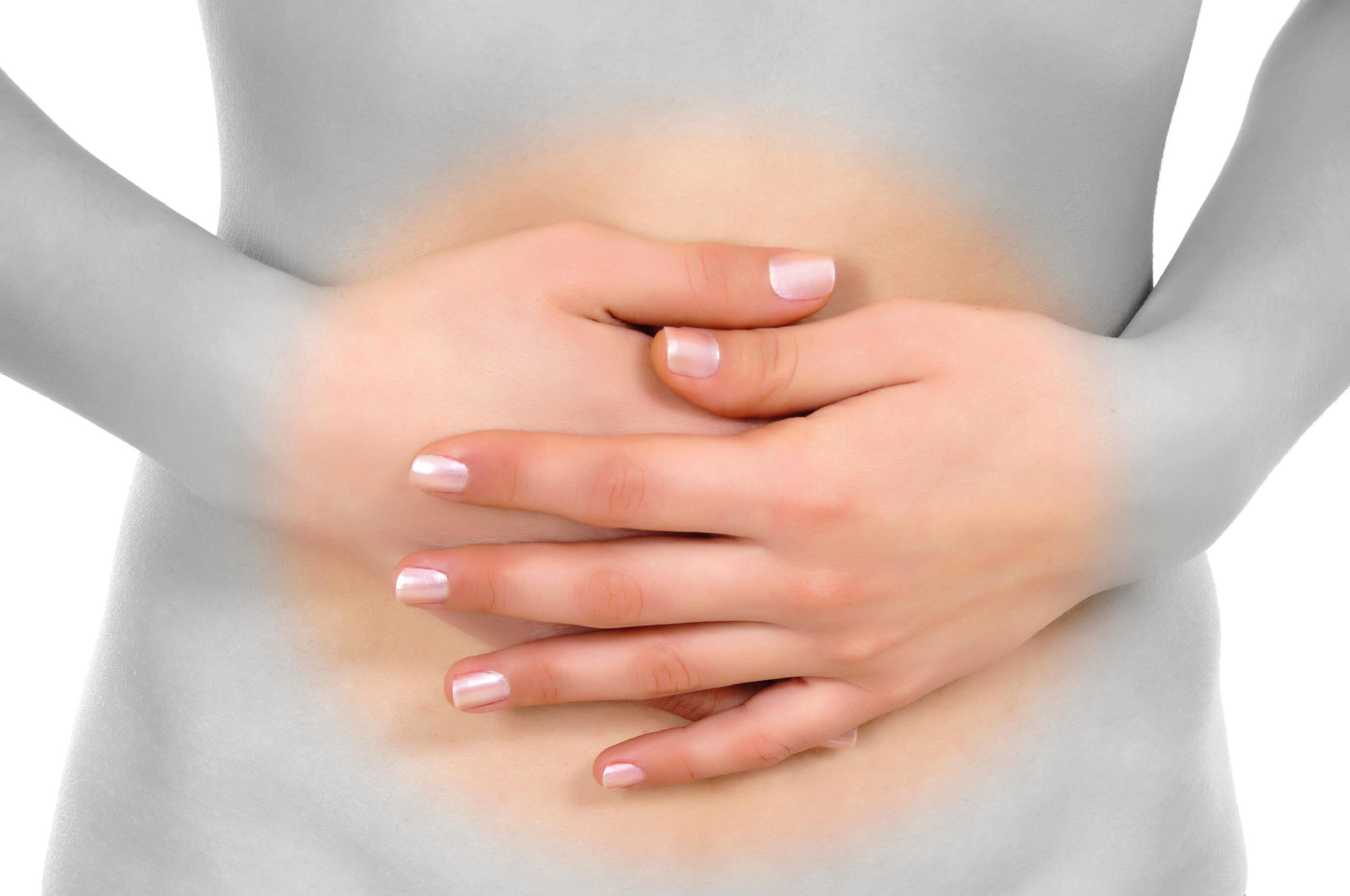
Key facts
- Crohn’s disease is a type of inflammatory bowel disease.
- Symptoms can include abdominal (tummy) pain and diarrhoea.
- Although there is no cure for Crohn’s disease, there are treatments available to help control the inflammation.
What is Crohn’s disease?
Crohn’s disease is a type of inflammatory bowel disease. It causes swelling and inflammation (redness) inside your digestive tract. This can lead to symptoms such as abdominal (tummy) pain and diarrhoea.
Crohn’s disease can develop at any age, but usually first appears in people aged 15 to 30 years.
Crohn’s disease is more common in people living in the Western world, but it’s also becoming more common in developing countries. Australia has one of the highest rates of inflammatory bowel disease in the world.
What are the symptoms of Crohn’s disease?
Common symptoms of Crohn’s disease include:
- diarrhoea
- abdominal pain and cramping
- fatigue (tiredness)
- reduced appetite
- weight loss
Other symptoms may include:
- blood and/or mucous in your stools (poo)
- mouth ulcers
- fever
- pain or swelling around your anus (back passage)
Symptoms tend to come and go over time, as the inflammation flares up then eases again. Symptoms also depend on which area of your gut is affected.
Not all people with Crohn’s disease will have the same symptoms.
What causes Crohn’s disease?
Crohn’s disease is an autoimmune condition — this means that there is a problem with your immune system.
The exact cause of Crohn’s disease isn’t known. But it is known that genetics, infections and other environmental factors are important.
Environmental factors may include:
- eating a ‘Western diet’ — a diet that is high in fat, sugar and processed foods
- smoking
While stress and some foods can trigger symptoms, Crohn’s disease is not caused by diet or stress alone.
What is the difference between Crohn’s disease and ulcerative colitis?
Ulcerative colitis is another type of inflammatory bowel disease (IBD).
These 2 diseases affect the digestive tract in different ways:
- Crohn’s disease can affect any part of your digestive tract, from your mouth to your anus (back passage). It usually affects the last section of your small bowel (the ileum) and/or your colon. Inflammation can extend into the entire thickness of the bowel wall.
- Ulcerative colitis only affects your large bowel (colon and/or rectum), and inflammation is only in the surface layers of your bowel lining.
When should I see my doctor?
See your doctor if you have any symptoms of Crohn’s disease. Your doctor may refer you to a gastroenterologist (specialist doctor) for diagnosis and treatment.
To find a health professional near you, use the healthdirect service finder.
How is Crohn’s disease diagnosed?
Your doctor will ask about your symptoms and health in general. They will also examine you.
Your doctor or specialist may recommend some or all of the following tests to help diagnose Crohn’s disease.
- Blood tests — can show inflammation and any vitamin or mineral deficiencies.
- A stool sample — can test for faecal calprotectin, this shows if there is inflammation in your bowel. Stool samples are often tested for infection as well.
- A colonoscopy (or sigmoidoscopy) — a thin, flexible tube containing a tiny camera looks inside your bowel for inflammation. A similar test can also be used to look inside your stomach (gastroscopy).
- Biopsies — small samples of tissue may be taken from inside your bowel during a colonoscopy. These are examined under a microscope to look for signs of disease.
- Imaging tests — such as an MRI scan or CT scan may also be recommended.
How is Crohn’s disease treated?
Although there is no cure for Crohn’s disease, there are several treatments to help control your inflammation.
Medicines
Medicines that may be used to control inflammation in Crohn’s disease include:
- medicines that supress your immune system
- biologic medicines
- corticosteroids
- 5-aminosalicylates
Nutrition
Your doctor or specialist may also recommend a specific diet that suits your situation.
They may also recommend dietary supplements to boost your levels of:
- iron
- vitamin D
- calcium
To find an accredited practising dietitian, who may be able to help manage your Crohn’s disease with diet, visit the Dietitians Association of Australia.
Surgery
Surgery for Crohn’s disease is sometimes needed to remove or widen sections of your bowel that are badly affected by disease. The healthy ends of your bowel are usually re-joined to each other.
Sometimes, a stoma (an artificial opening in your tummy that diverts faeces (poo) into a bag) is needed. A stoma can be temporary or permanent. It’s normal to feel uneasy about the idea of living with a stoma, but it often greatly improves your quality of life.
Lifestyle measures
Smoking can make your symptoms worse. Quitting smoking can reduce your symptoms and lower your risk of a flare-up of your disease.
To keep healthy, also consider:
- keeping a food diary to check if there are any foods that make your symptoms worse
- exercising regularly to lift your mood and help relieve stress
- learning relaxation techniques to help manage stress
Can Crohn’s disease be prevented?
While you can’t prevent Crohn’s disease, you can reduce your risk by quitting smoking.
You can also help prevent flare-ups and complications by taking your medicines and maintaining a healthy lifestyle.
What are the complications of Crohn’s disease?
There are several possible complications associated with Crohn’s disease. These can be related to your gut or other parts of your body.
It is possible to develop problems with nutrition if you have Crohn’s disease.
Crohn’s disease can also affect your mental health and wellbeing.
Bowel obstruction
Crohn’s disease can cause bowel obstruction. This is a medical emergency that needs to be treated in hospital.
Symptoms of bowel obstruction can include:
- increasing abdominal pain and cramping
- vomiting
- bloating



